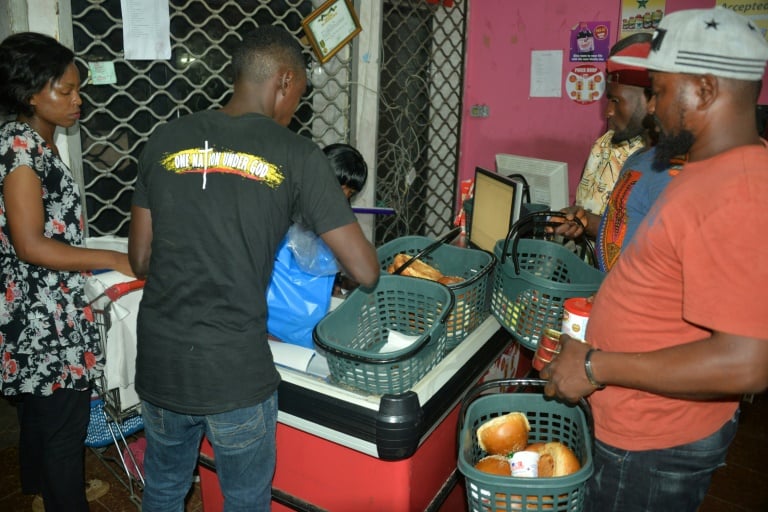Bulls say Kurt-Lee isn’t going anywhere
In Buea, the chief city in Cameroon’s Southwest Region, shops were closed, streets were almost deserted and the normally bustling university campus was lifeless after residents left, apparently fearing violence.
On Thursday, the authorities announced a temporary curb on travel and public meetings across the Southwest Region, adding to a curfew in the neighbouring Northwest Region, also English-speaking.
The majority of Cameroon’s 22 million people are French-speaking, while about a fifth is English-speaking.
The legacy dates back to 1961, when a formerly British entity, Southern Cameroons, united with Cameroon after its independence from France in 1960.
The anglophone minority has long complained about disparities in sharing out Cameroon’s oil wealth.
They are also angry about perceived discrimination, especially in education and the judicial system, where they say the French language and traditions are being imposed on them, even though English is one of the country’s two official language.
Tensions have surged, leading to marches and a clampdown ahead of what is expected to be a symbolic declaration of independence on October 1 — the anniversary of the 1961 amalgamation.
University dormitories in the district of Molyko were empty and armed police patrolled the avenues.
“I am renting a room in a dormitory where there are 130 rooms, but right now I’m the only person here,” said Benoit, a French-speaking baker.
“There’s nobody here, there’s not a single student,” he said. “They are the lifeblood of Buea. When there are no students here, the city is dead.”
The clampdown in Southwest Region runs from Friday morning to Monday morning.
It entails a curfew, the closure of sea and land borders — western Cameroon abuts Nigeria, a reputed sanctuary for some separatists — as well as the suspension of transport and a ban on travel between towns and on public meetings of more than four people.
The authorities have also warned that military reinforcements are on hand, and called on the population to “stay calm”.
Late Friday, five 70-seat military buses sped through Molyko, heading for Buea Town — the seat of local government, where the separatists have said they will rally on Sunday.
“If the dogs continue to go into the street to bite people, they will encounter the security forces,” the region’s governor, Bernard Okalia Bilai, said on state radio on September 22, when pro-independence marches took place in anglophone regions.
Local residents say security forces have been carrying out raids almost every day in Mile 17, a rundown area in Buea that is thought to be a haven for separatists.
– ‘Pray to God’ –

Local people rushed to buy essentials in the few shops that were open. Tensions over anglophone grievances in the francophone-majority region have surged in recent months
In Molyko on Friday night, people queued outside the only supermarket that was open, seeking to make essential purchases before the curfew took effect at 9 pm.
In less than half an hour, the shop’s supply of bread was sold out, and it hauled down the blinds.
“I am going home to be with my family,” said Iya, an English-speaking shopper. “I came to buy a few supplies because we won’t be able to go out in the next two days. We are going to pray for God’s intervention. We need peace.”
The crisis is having an impact on the city’s economic life.
Victor Ndisang, the manager of a computer school with 13 teachers and a capacity of 150 students, said he had not had a single enrolment since the start of the academic year in early September.
“I have had to let the teachers go. There’s no money,” he said. “If this crisis persists, I am going to have sell all my assets and leave.”
Tensions are also high in the Northwest Region, where several schools have been torched, prompting the authorities to announce a 10 pm to 5 am curfew. Internet access there and in the Southwest has been reduced, making it harder to access social media.
Most anglophone campaigners want the country to resume a federalist system — an approach that followed the 1961 unification but was later scrapped in favour of a centralised government run from the capital Yaounde. A hardline minority is calling for secession.
Both measures are opposed by the country’s long-ruling president, 84-year-old Paul Biya.
Download our app